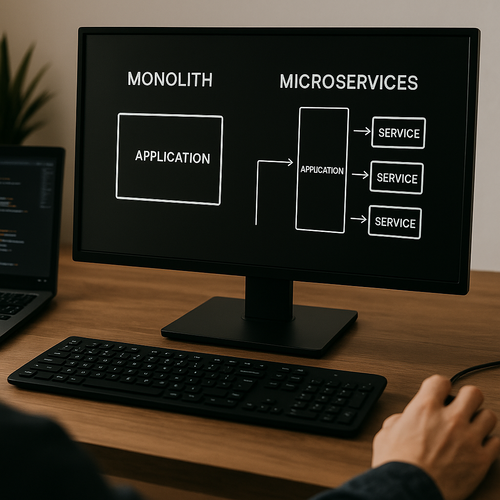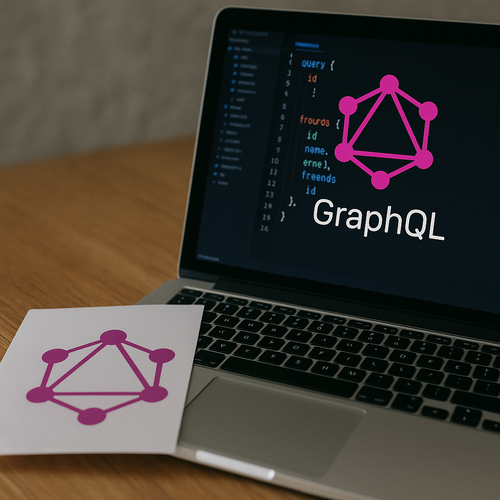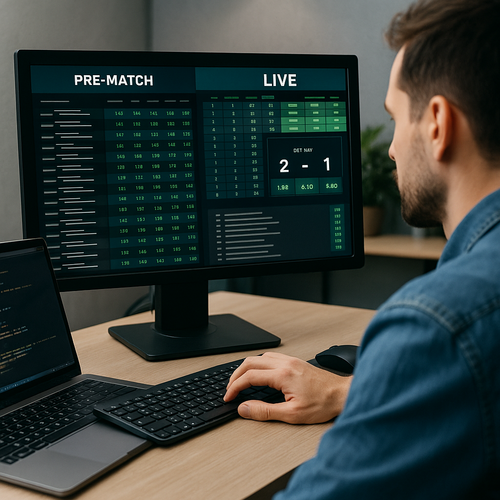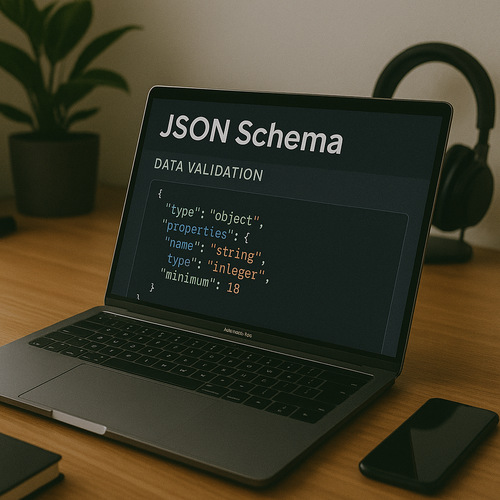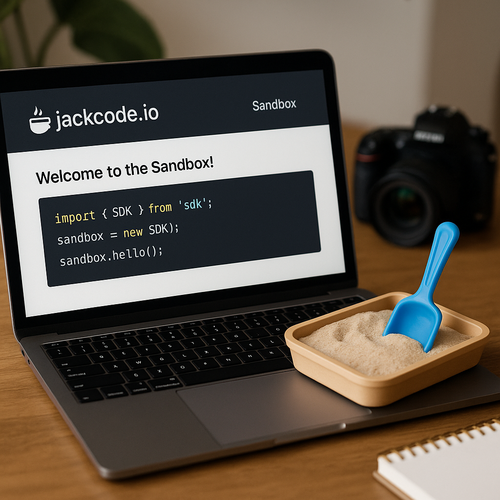
When data is updated on the external system side, it is important to receive it on time and without unnecessary load on the server. API integrations use two approaches for this: polling and webhooks. We support both methods and help you choose the best one for the task: regular polling is suitable for non-critical data, and webhooks are suitable for instant response to events.
This flexibility allows you to save resources, increase stability and quickly respond to any changes in the external system.
Comparison of approaches
| Method | Advantages | Application features |
|---|---|---|
| Polling | Simple implementation, does not require receiving requests | Polling external API at specified interval |
| Webhooks | Instant reaction, no extra traffic | External system sends notification itself |
How we implement
Polling via CRON, queues, deferred tasks- Webhooks with secure endpoints, signature validation (HMAC)
- Polling interval control, repeat deduplication
- Security: tokens, IP filtering, retry on errors
- Logging events: who, when, with what payload and result
Webhook Event Examples
Payment receipt notification- Confirmation of KYC or registration
- End of session, bet, win
- Update player or balance
- Email/SMS delivery statuses
Integration benefits
Quick reaction to external events- No API overload with unnecessary requests
- Flexible retry/timeout configuration
- Compatibility with providers (Stripe, Telegram, Meta, etc.)
- Centralize notification processing logic
Where especially important
Payment platforms and financial gateways- iGaming platforms with real-time events
- Marketing Services and Email Integration
- Systems with large amounts of dynamically changing data
Polling or Webhooks - choose the best for the task. We implement both schemes with reliable protection, logging and scalable architecture so that your API works efficiently and without delays.
Contact Us
Fill out the form below and we’ll get back to you soon.

